Advice For Schools
4 New Year’s Resolutions to Boost Wellbeing at Your School This Year
It’s January! That hopeful month, filled with can-do attitude and “new year, new me” optimism; the season of New Year Resolutions that typically include one or more of the following:
- Do more exercise
- Eat more healthily
- Take up a new hobby
- See friends and family more
- Save money
It’s well-known that many of these will fade (partly because we just try to do them alone by sheer willpower), but to succeed, we need to make them part of our everyday lives.
And, of course, we need to know that they will actually work. (How many of us fail after 3 days of hard work ends in a tiny gain on the weighing scales?!)
Well, the same can be said for the health interventions that we put in place at school. To succeed, we need to make them a part of our schools’ everyday life…
1. “Eat more healthily”
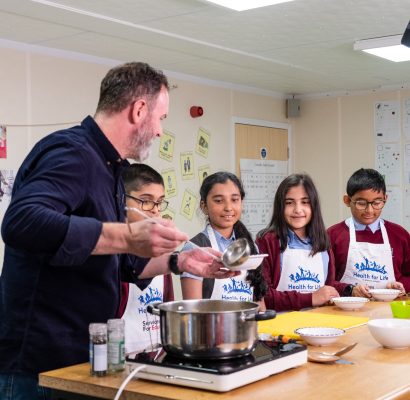 A great place to start is in the kitchen!
A great place to start is in the kitchen!
Cooking is a helpful skill to teach children early on and the benefits last a lifetime:
- Encouraging children to understand and make healthier choices
- Helping children to learn about wider subjects like sustainability and food sourcing
- Learning a new and important life skill builds confidence and knowledge
Now, I’m not suggesting you teach Primary School children how to cook Beef Wellington or Baked Alaska…
Making, and sharing, delicious soup is a really great way to eat more healthily in the winter and an easy way to get the class involved.
Not sure where to start? We’ve got your back.
On Tuesday 11th February 2020, we’re holding our 2nd annual Cookathon (mass school cooking day) which features Michelin starred, Birmingham chef Glynn Purnell.
Check out the video and download the recipe here.
Last year we had hundreds of pupils cooking along with us – this year it would be great to have even more – including you – join in.
And we would love you to share your pictures and stories with us so we can see what you got up to so please tweet your photos to us using our handle @SFE_SS and the hashtag #hflcookathon
2. “Do more exercise”
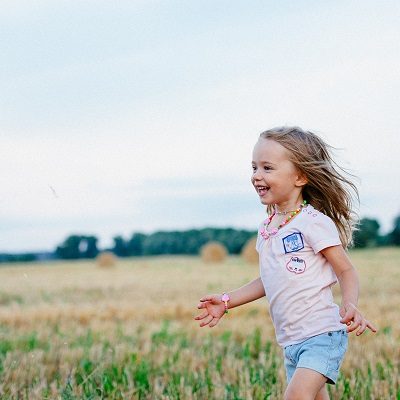 According to a Public Health study, children should be physically active for at least 60 minutes every day and only 43.3% of children and young people meet this target.
According to a Public Health study, children should be physically active for at least 60 minutes every day and only 43.3% of children and young people meet this target.
So how can we encourage physical activity in schools? And make it a part of daily life?
Do physical health initiatives like the Daily Mile, Train Like a Jedi and Bikeability make a difference?
The truth is; sometimes they do, sometimes they don’t – and unfortunately, often no one really tracks the results accurately. So it’s worth trying out new things – and remembering that just making children more aware and passionate about physical activity is beneficial.
My biggest tip if you’re going to take on a physical health project is to make sure you measure the impact in your school.
Does the “Daily Mile” work?
A couple of years ago the “Daily Mile” idea suddenly appeared everywhere and was treated like the ‘silver bullet’ to childhood obesity.
Many LAs adopted it enthusiastically and promoted it in all of their schools. In Birmingham we took a different approach and said “well it sounds brilliant and seems to work in one small school in Scotland… but does it actually do everything that people are claiming?”
So, Services for Education along with University of Birmingham were funded by Birmingham City Council to run the world’s first RCT (Randomised Control Trial) to look at the effectiveness and cost- effectiveness of the Daily Mile in primary schools. 40 Birmingham schools were involved in the RCT for a year.
Excitingly, the results are now in! So, if you’re interested, we’ll be hosting a free half-day conference at Elgar Hall, University of Birmingham in the near future, to reveal our findings. At this half day event, hear from Headteachers of schools involved, University of Birmingham researchers, Services for Education Advisers, Sport Birmingham and Public Health. Watch out for this big event!
3. “Take up a new hobby”
 Starting a new hobby/activity to build skills is another great resolution that transfers nicely to schools – and why not make it a healthy one?
Starting a new hobby/activity to build skills is another great resolution that transfers nicely to schools – and why not make it a healthy one?
Gardening is a popular choice with many schools teaching children how to grow food. It’s also great fun for the kids who get to see (and eat) the results of their efforts!
This year, at Services For Education, we have teamed up with BBC Gardeners’ World to offer schools a chance to grow plants and exhibit at the NEC. School groups are encouraged to look at flora and fauna, garden styles, national heritage, cuisine and cultures from around the world, ultimately picking one country to be the inspiration behind the design and planting of their wheelbarrow.
4. “Be happier/ more Positive” (IE. Boost emotional wellbeing)
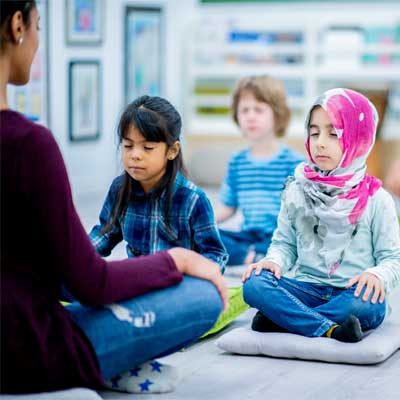 Studies have shown that learning, socialisation skills, higher level thinking, problem solving, organising and planning are more likely to occur in the brain of the emotionally secure child who feels safe in their classroom.
Studies have shown that learning, socialisation skills, higher level thinking, problem solving, organising and planning are more likely to occur in the brain of the emotionally secure child who feels safe in their classroom.
So how can you create an emotionally safe environment for your pupils?
- Being Mindful. There are so many activities you can do to encourage your pupils to be mindful, promoting mental health and wellbeing and improving social skills.
- Getting Active. A healthy body is a healthy mind, so points 2 and 3 can really help to boost both physical and mental health in the classroom. Yoga is a great example of something that promotes both mindfulness and activeness.
- Availability & Acknowledgement. Sometimes all it takes is being available for a child. Staff themselves need to be able to acknowledge and value the feelings and thoughts of children – to become mentalised professionals. And before that, to acknowledge and value their own feelings and thoughts.
If you’d like to really understand have to improve emotional and physical wellbeing at your school, we have an online course that covers this topic: The Emotionally Safe Classroom. The course has five modules which can be taken whenever you like and covers everything you need to create a safe, productive learning environment for you and your pupils.
Summary
January is a great time of year to think about resolutions for ourselves and our pupils.
Building a physically and emotionally healthy school will do more than just improve educational outcomes. It genuinely improves the lives of teachers and their pupils.
So have a think about:
- What you can be doing to promote physical activity in the classroom.
- What activities would your pupils enjoy that would boost wellbeing, physically and emotionally?
- Above all, make sure you’re measuring the impact of initiatives you do put in place.
If you’d like to find out more about promoting healthy lifestyles in schools, feel free to email us at hello@servicesforeducation.co.uk or call on 0121 366 9950.
We have a dedicated team who run the Health For Life Programme and Healthy Schools’ Award.
Author Bio: Sandra Passmore
 Sandra is a Senior Adviser in the School Support Service and has extensive experience in safeguarding, health and wellbeing and evidence based practice. She has worked nationally with key government departments (Departments of Health and Education) to help shape strategy and policy whilst still retaining the focus on working for the best outcomes for children and young people.
Sandra is a Senior Adviser in the School Support Service and has extensive experience in safeguarding, health and wellbeing and evidence based practice. She has worked nationally with key government departments (Departments of Health and Education) to help shape strategy and policy whilst still retaining the focus on working for the best outcomes for children and young people.
She has a PhD on the psychology of health related choices which has informed the development of award winning, evidence based programmes such as Health for Life in primary schools and Health for Life in nursery schools which have been proven to have a sustainable impact on improving the health and wellbeing of children and families.
Sandra has for many years been a lead in developing and delivering the DSL (Designated Safeguarding Lead) training that trains and supports all headteachers, senior leaders and other staff. She has been pivotal in expanding the remit of the safeguarding work to also include issues such as domestic abuse and sexual violence and harassment within the education context.
Sandra passion for improving the lives of children has lead her to develop work within Public Health and managed RCT (Randomised Control Trials) on the effectiveness of interventions such as the daily mile. She is also working with colleagues both locally and nationally to reduce health inequalities in children both in early years and primary schools. Additionally Sandra has written books for teachers and pupils as well as peer reviewed academic journal papers.

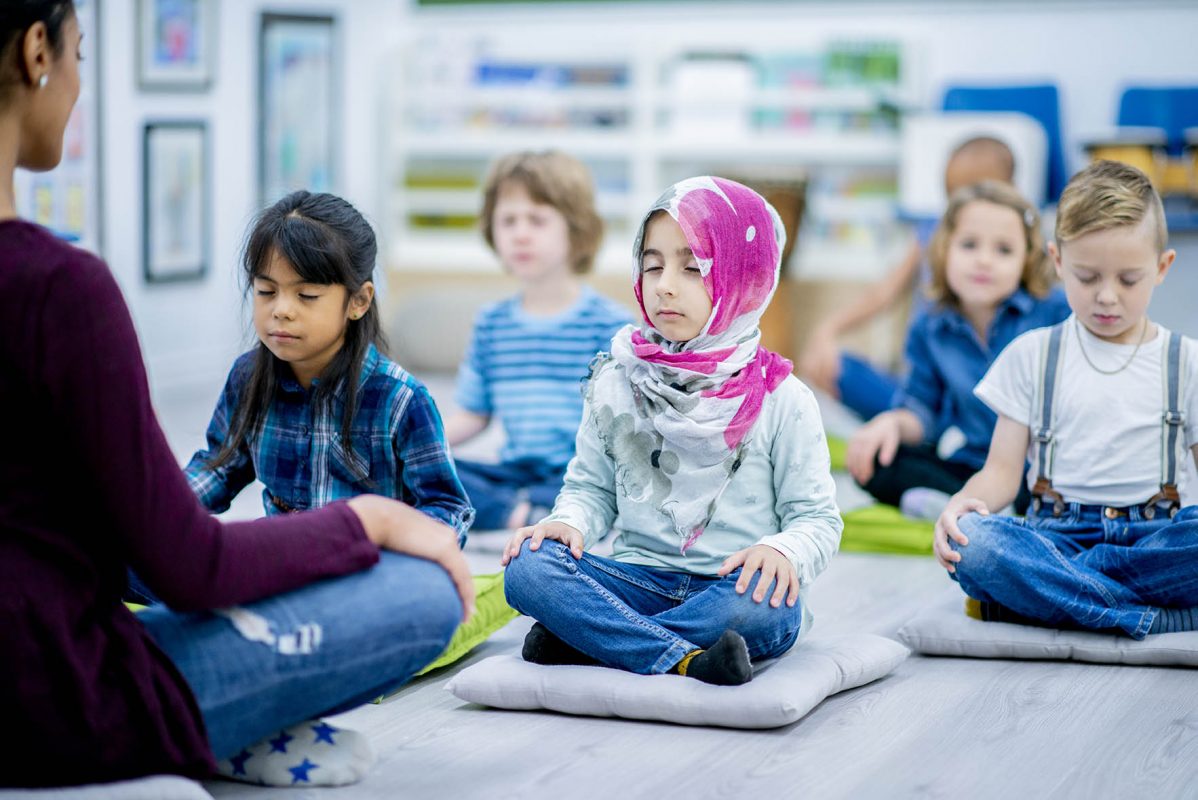
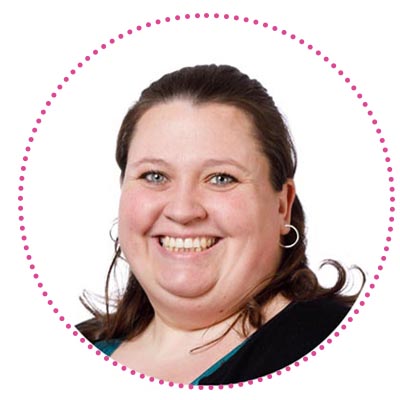 Lucie Welch – Adviser, Services For Education
Lucie Welch – Adviser, Services For Education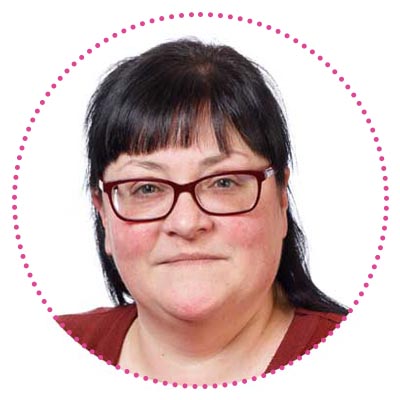 Jo Perrin - Adviser, Services For Education
Jo Perrin - Adviser, Services For Education
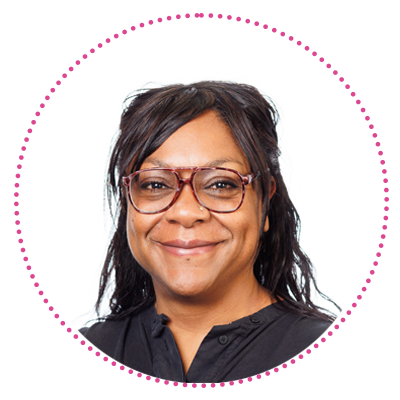 Marsha
Marsha 


